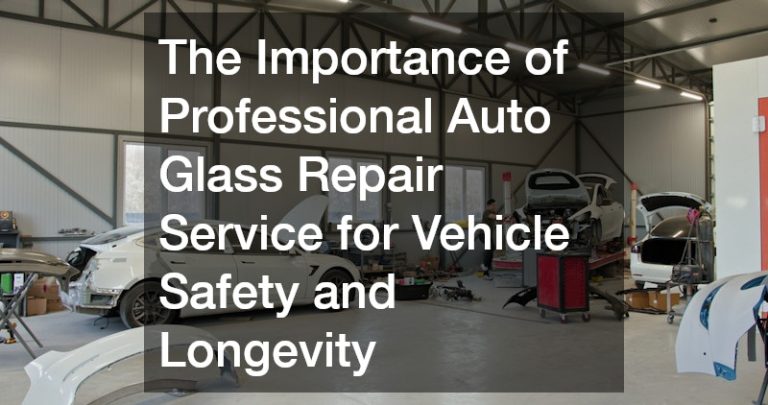In the industry of local transportation, fleet problems come with the territory. Fleets of all sizes can be susceptible to these problems, and in turn, may suffer negative consequences such as decreased productivity, repeated truck issues, and inefficient operations, just to name a few.
Knowing the common problems for fleets helps managers and fleet owners anticipate them before they happen. To create better mitigation plans and avoid running into issues altogether, here is a list of the most common problems among fleets:
Truck problems
Truck problems are and will always be a part of fleet management. It just boils down to how management handles and prepares for them. Under this category, here are common truck problems that fleets usually face:
Engine overheating
Whether trucks have shiny new Cummins parts ordered online or an engine as old as time, they may still run into this common truck woe from time to time. Engine overheating occurs due to a variety of reasons, be it a blown gasket or a leak in the cooling system. Whatever the cause may be, it is imperative to address this issue before the engine fails–and in the middle of transit, at that.
Brake failures
Both maintenance staff and truck drivers must check the trucks’ brakes regularly, ideally before each trip. Brake failure can already result in fatal accidents in smaller vehicles; the potential damage and loss of life are much greater when it comes to large trucks.
Starter failure
This is a common problem during colder months, when the cold weather slows down the battery and thickens the engine oil, making it harder to start the engine. Operators and maintenance staff must address starter problems right away to avoid the driver getting stuck in the middle of nowhere when the truck refuses to start again.

Poor truck driver health
In the industry, it’s no secret that many truck drivers lead pretty unhealthy lifestyles. The long hours on the road, the physical demands of the job, and the isolation that comes with the job often lead to unhealthy coping mechanisms, including smoking, excessive caffeine intake, bad food choices, and poor sleep.
Fleets can help their drivers help themselves by offering things like wellness coaching, regular health screening programs, nutrition education seminars, smoking cessation support, and alcohol addiction services. However, one of the best things that fleets can do for their drivers’ health is to ensure proper scheduling. In this way, drivers can get enough rest in between driving time, which can also reduce the dependence on caffeine, sugary drinks, smoking, drugs, and other unhealthy things that drivers use to stay awake.
Drowsy driving
Drowsy driving is a common problem in the transportation industry, one that often leads to severe and even fatal road accidents. There are many causes of drowsy driving, including poor fleet scheduling resulting in lack of sleep, bad driver habits that lead to drowsiness, and driver conditions that lead to increased sleepiness like old age, sleep apnea, and sleep disorders.
Given the severity of what can happen when a driver driving a multi-ton truck falls asleep at the wheel, it is crucial for fleets to take proactive action against drowsy driving. One of the best strategies, as mentioned before, is to ensure proper scheduling to avoid excessive driver fatigue. Another is to conduct regular seminars on how to avoid drowsy driving while providing constant reminders at the same time.
For drivers that have conditions that lead them to be excessively sleepy, fleets can offer the necessary support to help them stay awake while driving, such as covering the cost of sleep apnea machines, outfitting trucks with anti-drowsy driving systems, and making schedule accommodations for people with sleep disorders.
Inefficient operations
The efficiency of fleet operations dictates the level of productivity and customer satisfaction. Hence, it only makes sense to invest in the efficiency of operations for better business growth and brand reputation. So, why do some fleets still suffer from poor efficiency in operations?
A common reason is the lack of technology. Fleet technology has made leaps and bounds in recent years, making tech solutions significantly more sophisticated and less expensive. Today, fleet management systems have features like GPS tracking, driver behavior analysis, fuel management, route planning, and so much more, all on one comprehensive platform.
Truck fleets are some of the biggest players in the local transportation industry, which is why addressing these problems is a critical matter. By solving these common fleet problems or avoiding them altogether, fleets can not only increase the efficiency and quality of their service but also keep the public and their drivers safe.








